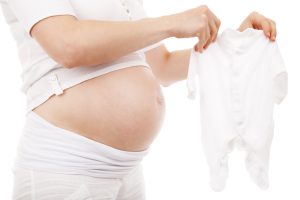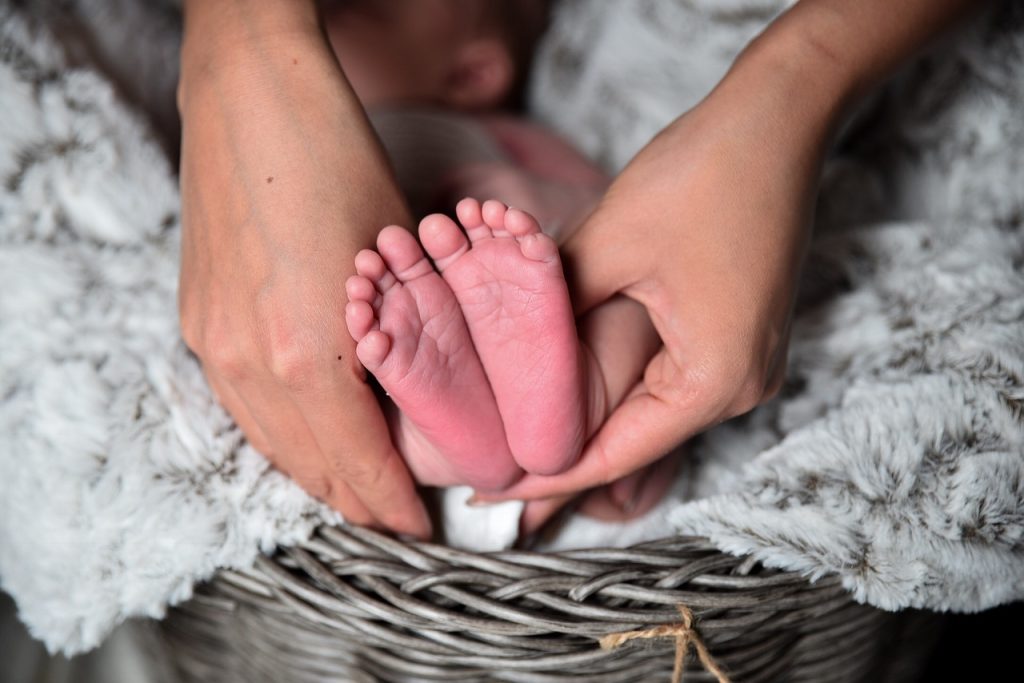Many people choose to have some kind of childcare around or just after the time a new baby is expected to make an appearance but predicting when that might be if you opt for a natural birth is not an exact science. Only around 4% of babies are actually born at 40 weeks, commonly known as the due date. 80% of babies are born 2 weeks before or 2 weeks after. That leaves parents with a dilemma – when should they start looking for someone? And when should they book someone to start?
That all depends on what kind of care you want. If you’re talking about care for older children while a mother is in labour then it’s a wise idea to have someone on standby from 2 weeks before. If it’s an existing nanny or childminder then that can make life a lot easier if the baby is born during the week (as long as you’ve agreed contingency plans in advance). If you want someone to be on standby and not make plans to go out then you can expect to pay them some kind of retainer so it’s a good idea to have a backup plan for your chosen carer. Ideally you’ll have someone in place by the time you’re 6 months pregnant, but tapping into existing childcare networks earlier on means you have a greater chance of finding joined up care if your preferred carer can’t make it. For expectant mothers who don’t usually use childcare, or who have children in school or nursery, a temporary nanny/mother’s help may be a good solution and if you employ them during the day even part-time they’ll give you a chance to grab some much needed rest. It’s a good idea to make sure your older children are familiar with the child carer before the due date, as a new child carer and a new baby all at once might be unsettling.
A doula who provides care for you during labour should be used to making arrangements to be on standby for the month around the due date and that is usually reflected in the price of a birth care package. If, however, you choose to book a doula solely for the post-natal period you should discuss with them when they usually start and what the arrangement is if a baby ends up arriving late. Many mothers feel they benefit from having a doula in the early days on an occasional basis especially if their own mother can’t be around to help. A doula is generally more flexible in their duties than a maternity nurse and less intrusive as they don’t live in for the duration of the booking. Depending on your location doulas might be difficult to find, so it’s advisable to start looking early in pregnancy.
A maternity nurse, who will care for mother and baby and ease the baby into a routine will usually start around 2 weeks after the due date (although some may have availability to start earlier than booked). If a baby ends up being later than expected most will charge either a full or reduced fee from the date the booking starts. Many families also prefer to have a few days together as a family and aim to have a maternity nurse start just as the other parent goes back to work. Some maternity nurses can get booked up far in advance, and as they are likely to be on a booking which may not be in your area while you’re searching for them interviewing may be tricky to arrange. Most people start to look for a maternity nurse around 3 months into their pregnancy and book by 6 months to ensure availability but, unlike doulas, there are several agencies which place maternity nurses and maternity nurses are often not restricted by location so finding an emergency maternity nurse or late booking is easier to accomplish.


